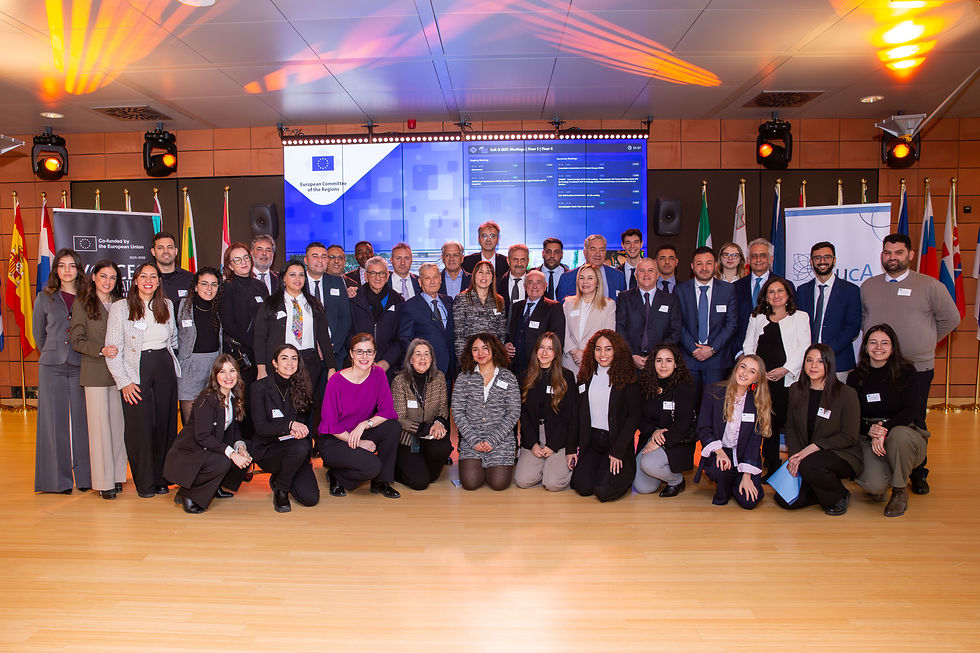VOICES From Migrations | Keita Diarra's story
- Changemakers
- Oct 9, 2025
- 2 min read
“VOICES From Migrations” is a project co-funded by the European Union exploring untold migration stories. Keita Diarra moved from Senegal to Italy. This is his history:

“Having family problems, I decided to leave Senegal on a whim in the context of the war. The journey was very difficult; crossing the Mediterranean was extremely hard, but I made friends along the way. I managed on my own and left with nothing. The only thing I had with me was my underwear.
When we arrived in Italy, we were divided into camps. Paperwork was an additional problem. I slept the first night in Lampedusa, where I ate, before we were transferred to other camps. It wasn't my intention to leave for Italy, but you don't choose your destiny.
In Italy, finding work takes time, and even if you do, it's quite precarious. But I met some Senegalese friends who made me feel less alone. One of such friends was a Senegalese doctor who advised me about behaving correctly in the country and with my colleagues at work.
Eventually, lawyers helped me with the paperwork. Once I got hold of the papers, I was very happy, because I was able to work and move around. However, the discrimination I suffered made me question my stay, and made me think about leaving. I still want to return to my country one day and bring my children back.
Nevertheless, I adapted to my life in Italy. Although the differences between the two countries still take me aback. In Africa, people greet each other even if they don't know the person, whereas in Italy, this doesn't happen. It's different. Cultural differences aside, the hardest part was getting the papers and speaking the language.
I would tell new migrants arriving in any country to behave well, with principles, and to have the courage to overcome racism.
As for what I would change, I would like for people to behave towards us respectfully, because in Italy, it's possible to work from morning to night without a contract and not be paid; it's absurd.”
Interview conducted by: Liman Zhang, Laura Panis, Alessia Costantino, Rosetta Scarmato, Camila Velez Martinez.

Funded by the European Union. Views and opinions expressed are however those of the author(s) only and do not necessarily reflect those of the European Union or the European Education and Culture Executive Agency (EACEA). Neither the European Union nor EACEA can be held responsible for them.



Comments